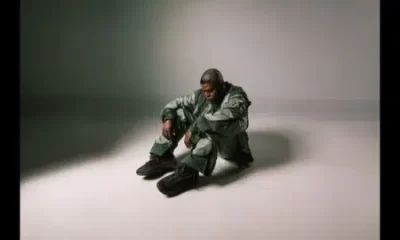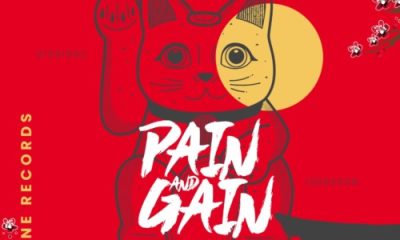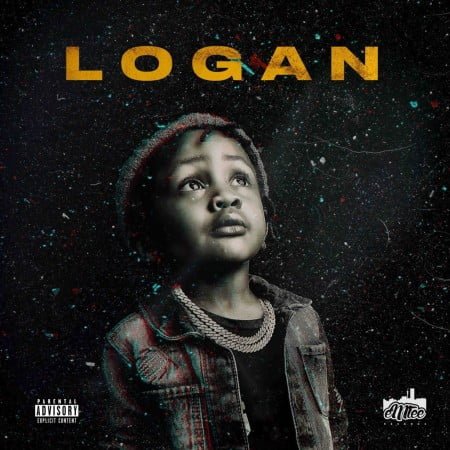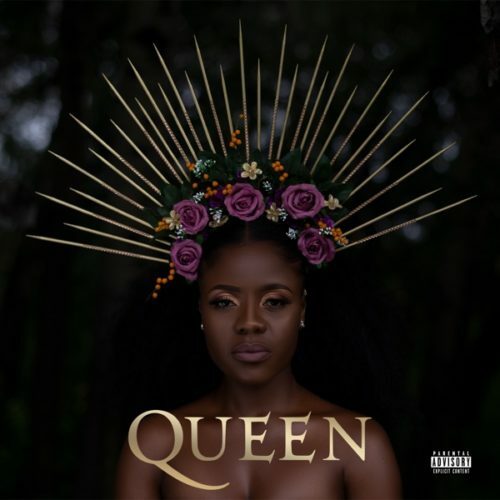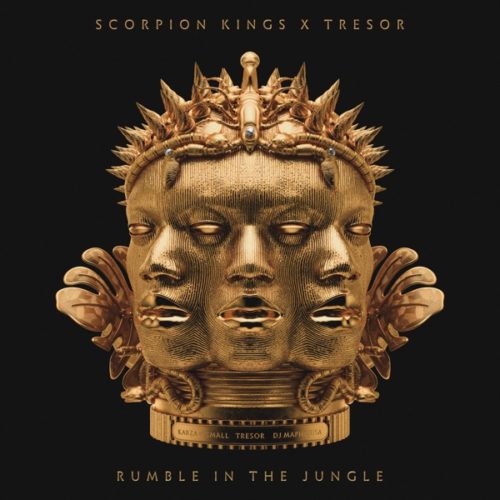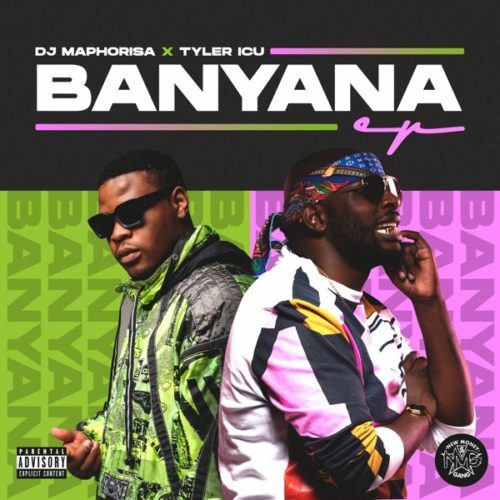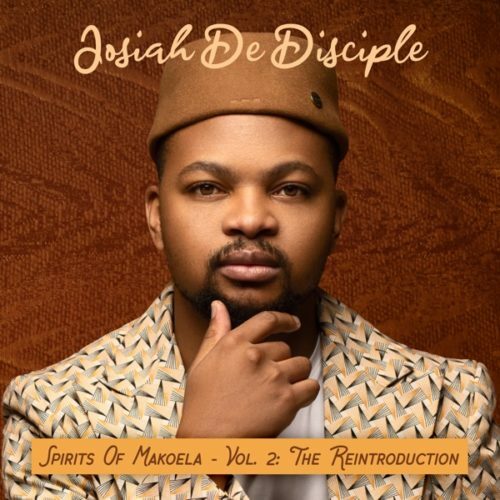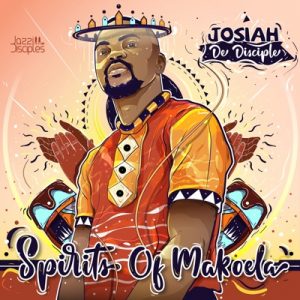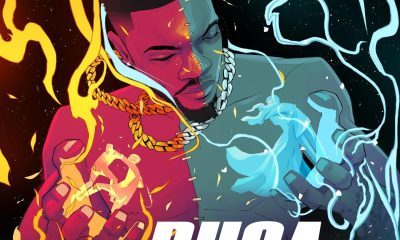Entertainment Gist
African Music Goes Global
Afropop has taken the world by storm in recent years. It has become a major player in the international music scene. And of course, it embraces Africa’s diverse cultures. Live betting its complexity, hum? This genre mixes traditional African rhythms with global sounds. And it creates something fresh and exciting. This piece explores Afropop’s history, growth, and impact on music and culture worldwide.
From the Beginning
Afropop isn’t just one style—it’s a blend of many. The genre’s origins go back to the early 20th century when African musicians began fusing local sounds with Western music. Highlife from Ghana, Nigeria’s juju and Afrobeat, and the Congo’s soukous were key early influences.
Highlife started in the 1920s. It combined Akan music with Western brass bands, introduced to Ghana by colonialists. Highlife became hugely popular in West Africa and shaped other musical styles. In Nigeria, Afrobeat was born in the 1960s. It blended Yoruba music with jazz and funk, thanks to Fela Kuti. Afrobeat, with its strong rhythms and bold lyrics, became a powerful tool for social change and resonated far beyond Nigeria.
As time passed, these genres evolved. They absorbed reggae, jazz, R&B, and hip-hop, with African artists constantly experimenting. By the 2000s, a new wave of artists blended these traditional sounds with modern production, creating a global sound that still felt uniquely African.
Afropop Goes Global
Afropop’s global rise is tied to several factors: the internet, the African diaspora, and international collaborations. The internet, especially platforms like YouTube and Spotify, made it easy for African artists to reach a worldwide audience, bypassing traditional music industry gatekeepers.
The African diaspora also played a key role. African communities abroad brought their music with them, spreading it far and wide. These communities also sparked collaborations between African artists and musicians from other regions. It resulted in new, hybrid sounds that appeal to a global audience.
The 2010s was a shift in Afropop. It bore stars like Wizkid, Davido and even Burna Boy into the international realms. In 2016 Wizkid featured Drake on “One Dance” one of Afropop’s biggest breakthrough songs. Finally, the song rose to the charts in different parts of the world and introduced people to the Afropop beats.
Burna Boy also known as the ‘African Giant’ also caused ripples. His album African Giant (2019) got a Grammy nomination as well as appreciation, making him one of the prominent artists of modern Afropop. His success brought other African artists to limelight and marked a new and vibrant phase of Afropop.
A New Way to Be Seen
More so the emergence of Afropop as a music genre has shifted the perception of culture from the African region. Up to the recent past, Africa was portrayed in such negative facets as poverty, war, and sickness.
Afropop and other forms of music have had a part to play in the elimination of such stereotypical views of Africa as portrayed in the said stereotypical movie. That is why it becomes possible to talk about Afropop artists as the new narrators of Africa. They tell their real stories as the stories of joy and difficulties, and dreams. It embodies and legitimizes the precise modes and artifacts of Afro-American cultures. And at the same time ventures into universal modes. This implies changing perceptions that are noticeable around the globe. And depicted Africa as an aesthetic, creative and cultural continent.
Afropop’s success has also given rise to new African artists and businessmen. Moreover, Afropop’s success is to a certain extent explainable by the increase in people’s interest in music in Africa. The music industry has evolved enormously. It is especially in growing economies like Nigeria, Ghana, and South Africa. And it is essential since it creates employment and investment chances for the populace. This dynamic creative economy is thus helping in the creation of the continent in all its functions.
The Future Holds on
Despite its success, Afropop faces challenges. The African music industry still lacks infrastructure and investment. Many artists struggle with piracy, limited access to studios, and poor distribution networks, making it hard to reach a global audience.
There’s also a need for greater representation. African artists remain underrepresented at major international awards and festivals. More platforms are needed to showcase African talent and foster collaborations with global artists.
Still, the future of Afropop looks bright. The genre will continue to evolve, blending new influences and trends. As more African artists gain global recognition, Afropop will play an even bigger role in shaping the future of music and culture worldwide.
Afropop in the World
This is why Afropop having roots in Africa could spread through the world, as indeed people all over different countries could gather around different types of pop music. Afropop has been unique in that it has only been able to assimilate the raw African rhythms with the world beats. It makes its music a mix of both African and world music. Thus, as the tradition progresses, it will continue to impact the international perspective on music. And it will contribute to the dynamism of the African tradition.

Here’s the image capturing the vibrant rise of Afropop music in the international market. It features the global spread of the genre, blending African cultural elements with modern musical influences, set against dynamic urban and festival scenes.



